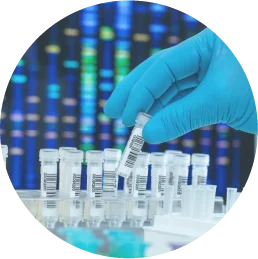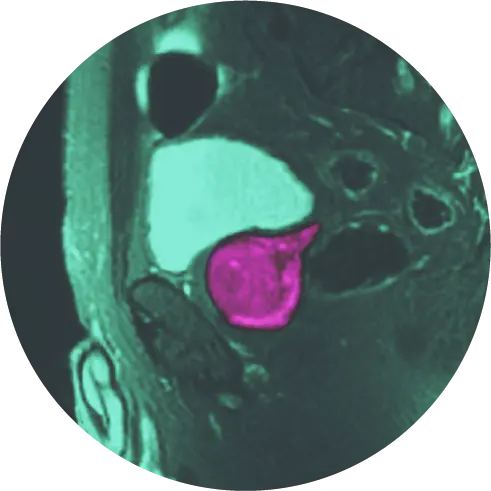In this blog, we explore the fascinating topic of sports genetics and its implications for medical genetics and genetic testing for patients. Advances in genetics research have allowed for the identification of multiple genetic markers for diseases and injuries, as well as the development of the Polygenic Risk Score method. This creates potential for genetic testing to provide patients with valuable information about their risk for certain conditions, which could inform preventive measures and lifestyle modifications to reduce their risk of developing these conditions. However, with this power comes the need for ethics and data protection laws to protect individuals from genetic discrimination. In this article, we delve into the complexities of sports genetics and how it relates to medical genetics, discussing the benefits and challenges that come with this field of study.
Unlocking the Power of Genetics: The Future of Sports and Health
Genetic testing has come a long way in recent years, and the potential benefits to our health and well-being are nothing short of incredible. By understanding our genetic makeup, we can gain insight into our risk for certain diseases, tailor our medical treatments and lifestyle choices, and ultimately lead healthier, happier lives.
But with this power comes responsibility. We must be careful not to use genetic testing as a tool for discrimination or oppression. We must ensure that everyone has access to the same opportunities, regardless of their genetic makeup.
Work with your healthcare provider to understand the results and develop a plan that works for you. And remember, the most important thing is to take care of yourself and those around you.
Implications of Sports Genetics on Medical Genetics and Genetic Testing for Patients
The discussion on sports genetics and the use of genetics in predicting vulnerability to injury and enhancing athletic performance has several implications for medical genetics and genetic testing for patients.
Firstly, the advancements in genetics research that have allowed for the identification of multiple genetic markers for diseases and injuries, as well as the development of the Polygenic Risk Score method, demonstrate the potential for genetic testing to provide patients with valuable information about their risk for certain conditions. This information could inform preventive measures and lifestyle modifications to reduce their risk of developing these conditions.
Secondly, the importance of ethics and data protection laws in genetic testing is highlighted in the discussion, particularly in the context of genetic discrimination. Patients undergoing genetic testing must be aware of their rights and protections under the law to ensure that their genetic information is not used against them in any way.
Lastly, the discussion underscores the need for patients to consider genetic information as just one piece of the puzzle in understanding their health and well-being. Genetics is not a definitive answer when it comes to measuring athletic ability, and the same holds true for medical genetics. Other factors such as environmental exposures and lifestyle habits also play important roles in determining health outcomes, and patients should work with healthcare providers to develop a comprehensive approach to their health that takes all of these factors into account.
Towards a Healthier Future: The Promise of Genetics in Disease Prevention and Treatment
HALO Precision Diagnostics is a leading company in the field of medical genetics, providing patients with state-of-the-art genetic testing and analysis services. By utilizing advanced technologies and cutting-edge research, HALO Diagnostics helps patients better understand their genetic makeup and potential risk for certain diseases. Our commitment to patient-centered care and ethical use of genetic information aligns with the goal of improving human health and ending disease.
To learn more about our genetic testing, visit this page.
About Dr. Stuart Kim
Dr. Stuart Kim is a renowned geneticist who specializes in the genetics of muscular skeletal injuries. He is a former professor of genetics and developmental biology at Stanford University and currently serves as the CEO of a sports genetics company called ex-gen. Dr. Kim has made significant contributions to the field of genetics and has published numerous scientific papers on the subject. His work focuses on using genetic information to understand the risk of injury and develop personalized exercise programs for athletes.
Dr. Stuart Kim received his undergraduate degree in biology from MIT and his Ph.D. in biology from Stanford University, where he also completed his postdoctoral training.
References
- The Ethics of Genetic Testing with Dr. Stuart Kim & Neil deGrasse Tyson https://www.youtube.com/watch?v=N7u3SwrUGg4&ab_channel=StarTalk




